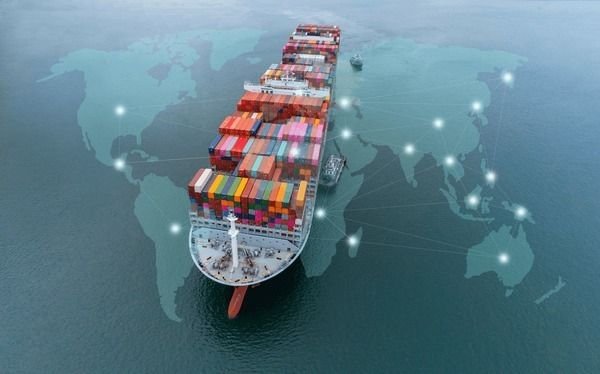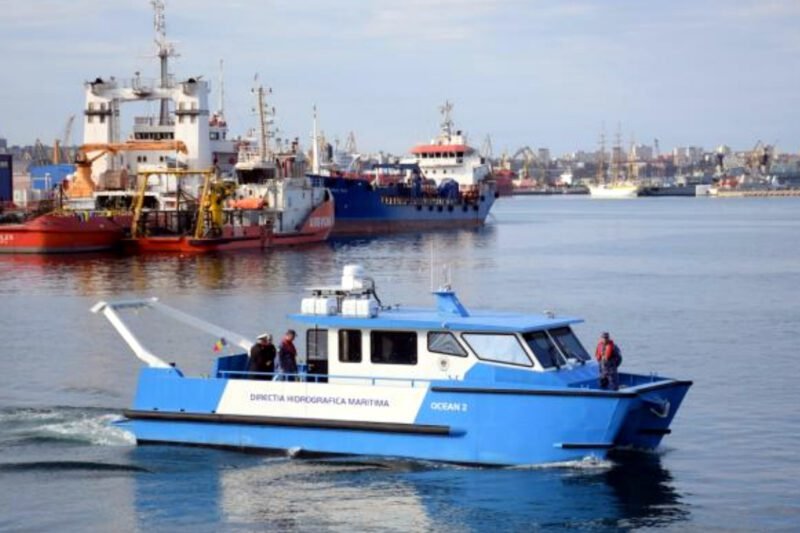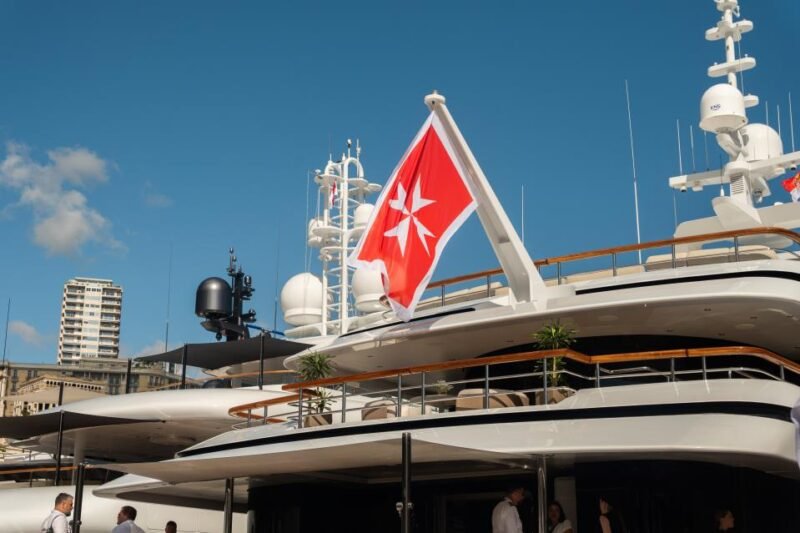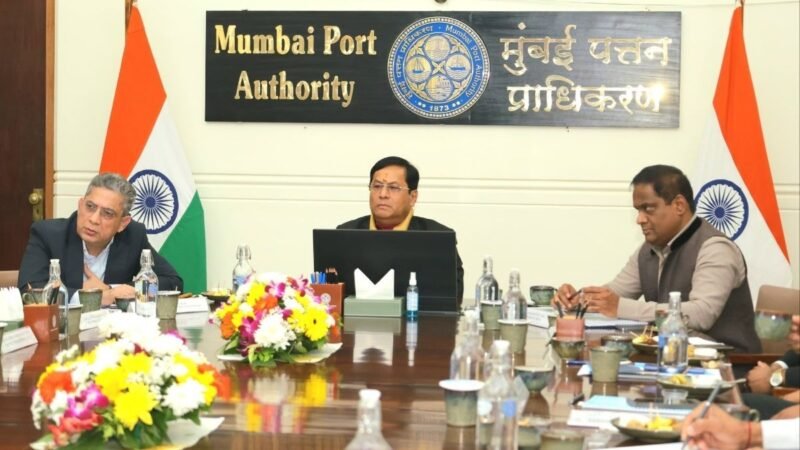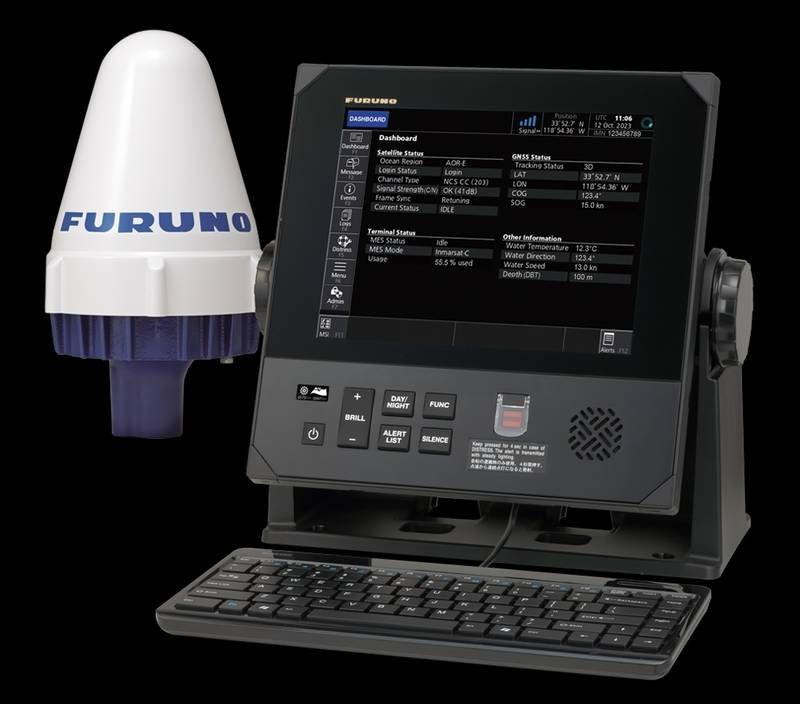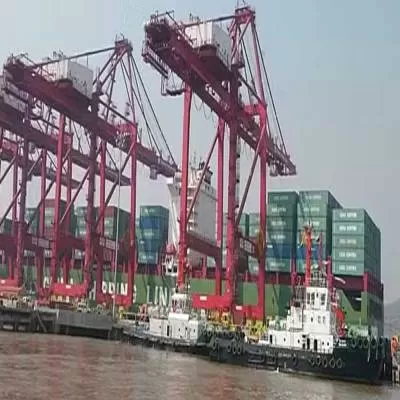Korean researchers have achieved a significant milestone with the world’s first real-world verification of a Maritime Internet of Things (MIoT) communication network. This advancement promises to enhance the safety and connectivity of maritime operations by facilitating data exchange between sensors and communication devices on ships, ports, and marine facilities. Continuous monitoring of oceanic and environmental conditions is now possible, addressing a critical challenge in maritime communications.
Traditional maritime networks often struggle with reliability beyond the coastline, leaving vessels disconnected from real-time data. The newly developed MIoT network by the Electronics and Telecommunications Research Institute (ETRI) utilizes a public 450 MHz band dedicated to maritime communication, enabling long-distance, low-power connectivity across open waters. Field trials demonstrated the network’s capability to connect up to 30 devices simultaneously over distances of up to 35 kilometers.
The independent communication infrastructure includes base stations and terminals optimized for marine conditions, tested along Korea’s coasts. Devices successfully transmitted data every three minutes, even in harsh conditions, showcasing the network’s robustness. Unlike land-based systems, this maritime version is designed for low-power, low-cost devices, making it suitable for various applications, including navigation monitoring, aquaculture management, and debris detection.
Beyond civilian applications, MIoT technology has potential implications for national defense, enabling real-time monitoring of maritime zones and enhancing border surveillance. ETRI aims to expand pilot networks across Korea’s seas by 2026, with a goal for nationwide coverage by 2030, positioning Korea as a frontrunner in the evolution of digital maritime infrastructure.
Share it now







